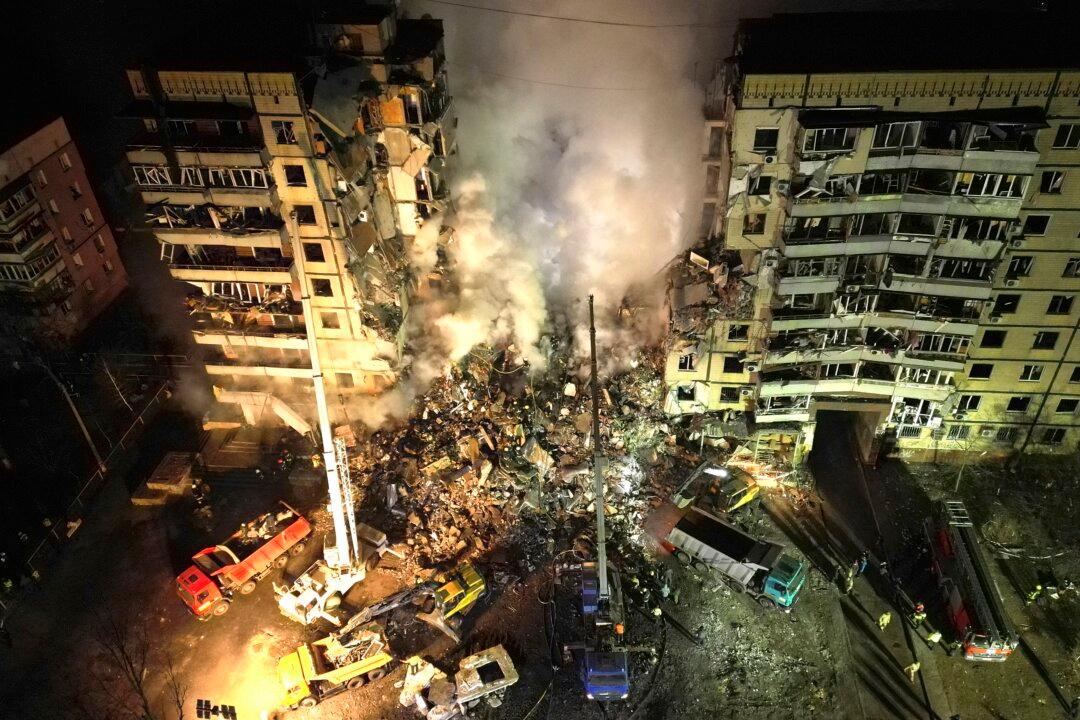News Analysis
The Russian government recently claimed that NATO’s entire satellite network and military infrastructure are supporting Ukraine in the ongoing war. At the same time, as the anniversary of the Russia–Ukraine war approaches, Chinese leader Xi Jinping is said to be planning a visit to Moscow, signaling closer ties between the two countries.





